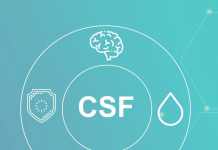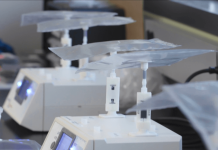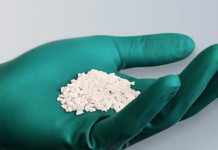InBrain Neuroelectronics closed a Series B financing round with proceeds totalling $50 million.
The Barcelona, Spain-based company also secured additional funding and support from Merck KGaA. This goes toward the clinical development of its technology in Merck KGaA’s therapeutic areas of interest. This boosts the translation of the company’s platform to human use, expanding it across both central and peripheral nervous system applications.
Related: InterVene Attracts $13 Million in Series A Financing for Recana catheter system
InBrain’s technology harnesses the power of graphene, a two-dimensional material made of a lattice of carbon atoms. The thin material — stronger than steel and thinner than a human hair, the company says — utilizes a combination of electrical and mechanical properties. InBrain says its neural platform enables ultra-high signal resolution, using machine learning software to decode therapy-specific biomarkers. It delivers highly focused, adaptive neuroelectronic therapy that re-balances pathological neural networks.
Last year, InBrain received FDA breakthrough device designation for its graphene-neural platform as an adjunctive therapy for treating Parkinson’s disease. It kicked off a first-in-human study last month.
The semiconductor-derived brain-computer interface (BCI) technology could decode and modulate brain activity. It uses AI to trigger adaptive responses for personalized neurological treatment. In addition to Parkinson’s InBrain notes epilepsy and speech impairment as potential target areas for treatment.
“We’re shaping the future of brain-computer interface therapeutics,” said Carolina Aguilar, CEO and co-founder of InBrain Neuroelectronics. “This funding empowers us to advance our AI-driven graphene neurotechnology, which has already shown great results versus current commercial neuromodulation technology. We are excited to have the support of a top-tier syndicate as we work to bring this technology to patients in need of more precise, personalized treatments.”




